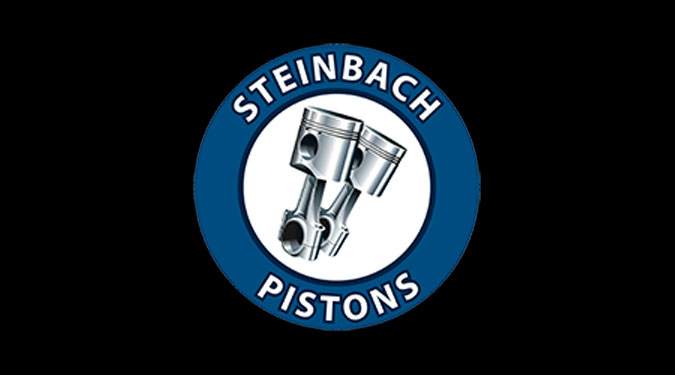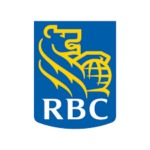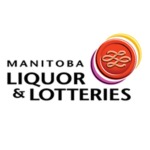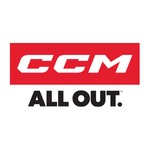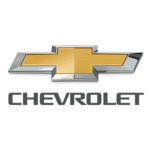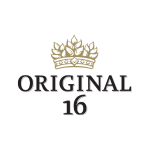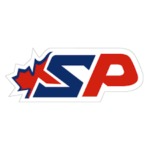It hasn’t always been championship banners, victory parades and trips to the RBC Cup for the Steinbach Pistons.
It wasn’t so many years ago when this franchise struggled both on and off the ice. There were no playoff appearances and on some nights, not a lot of players on the bench.
“The early years were extremely difficult times,” Pistons’ GM/Head Coach Paul Dyck readily admits. “There was no doubt we were facing major challenges with our program. I was a green, young coach and had never experienced anything like that. There were many times I’d be on the phone with Commissioner Kim Davis, telling him we didn’t have enough players to meet the minimum requirement for a game.”
“There were games when we had maybe nine healthy players, two lines, and a few defencemen. Between injuries and guys who didn’t want to play for us, we were in real trouble. I’d be regularly calling up our AP players. And some of those guys didn’t really want to come. We were really struggling to put players on the ice.”
Much has changed since that mind-numbing 2011-12 season. In the summer of 2012, ownership of the Pistons changed and the new locally-based ownership group was committed to be a healthy, successful MJHL franchise.
“When we came off that season (2011-12), we felt we had a very good core of guys who had developed a real bond and were prepared to come back and help us be successful,” says Dyck. “We then changed our recruiting model, turning our focus to players, who weren’t based on Manitoba, but would play for us.
“We got a player from Minnesota, then Alberta and it kind of progressed from there. We found our recruiting model to be very effective and we’ve continued. Of course we’re aware of Manitoba players, and our local players, but our search for players has broadened considerably.”
“We’re now a program where players want to come and play for us. Many are familiar with our name and our program.”
While this current group of Pistons is too young to remember the “bad, old” days of Piston hockey, Dyck and other Piston historians will occasionally remind the young guns of what it took to get to the RBC Cup.
“Those early years and the struggles we had are definitely motivating for me,” says Dyck. “We’re all proud of our organization and what we accomplished, but I won’t forget what it took to get here.”
Pistons open the RBC Cup play on Sunday against US-based Wenatchee Wild (BCHL), who defeated Spruce Grove Saints in the BC/Alberta final. Of note, Wenatchee is the second U.S.-based team to compete for the RBC Cup. The Minnesota Wilderness, then of the SIJHL, competed in the 2013 RBC Cup in Summerside, P.E.I.















